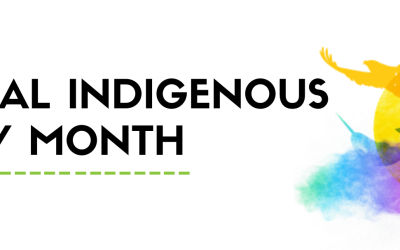The Frontier Centre for Public Policy is pleased to release a new study by Frontier’s policy analyst Joseph Quesnel. The study, entitled Finding Strength from Within: How Voluntary Outside Accreditation can Advance First Nation Communities, demonstrates various means by which First Nations can improve their socio-economic standing through voluntary initiatives.
Quesnel argues that traditionally First Nations have resisted top-down change, starting with the Indian Act, the White Paper of 1969 to the First Nations Education Act today. Empirical data shows that First Nations are already succeeding through voluntary means. For example, initiatives such as the First Nations Land Management Act and Section 83 provisions of the Indian Act allowing First Nations to collect tax, are much more successful. Data shows that these bands that have adopted these measures have better economic outcomes than those without.
In the study, Quesnel highlights a few new voluntary accreditation schemes that could prove just as successful for First Nations. The first is the First Nations Financial Management Board, which allows bands to borrow funds for badly-needed on-reserve infrastructure. The second is certification through the International Organization for Standardization (ISO). Drawing upon the example of two successful First Nations that have obtained ISO 9001 certification, Quesnel argues that other bands could likewise be certified and succeed.
Finally, he mentions the example of a voluntary accreditation system for First Nation housing developed by the Ottawa-based Institute on Governance (IOG). IOG’s system relies on incentives for First Nations to join.
Finding new voluntary measures, he argues, is the way forward for all parties involved.
“The study presupposes that it is a better investment of time, resources and effort to promote voluntary initiatives, such as ISO certification, to First Nations than to invest in imposed solutions that will ultimately be rejected,” said Quesnel. “Outside certification also helps to counter the perception that First Nations are a very high-risk investment. Businesses continue to make decisions based on perceptions of mismanagement and corruption.”
View the entire study here: http://archive.fcpp.org/posts/finding-strength-from-within-how-voluntary-outside-accreditation-can-advance-first-nation-communities


